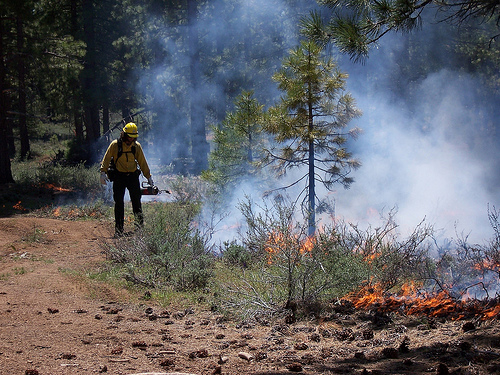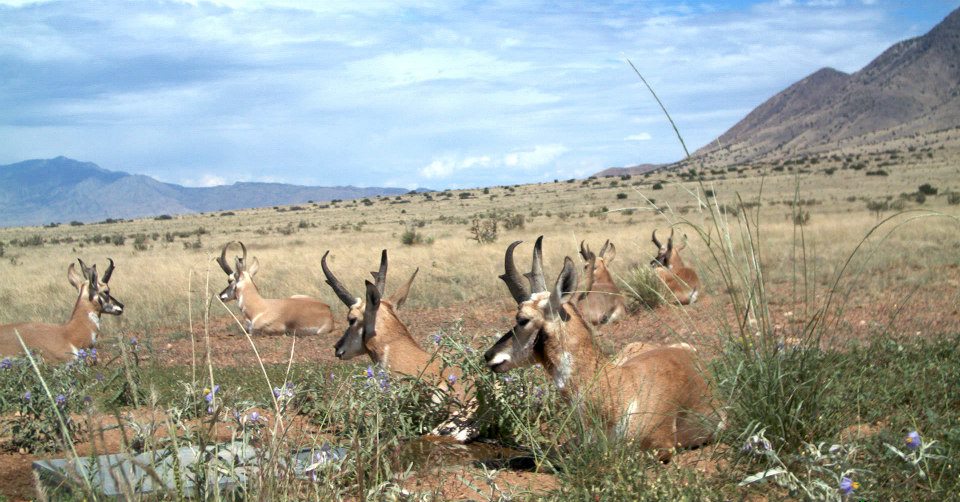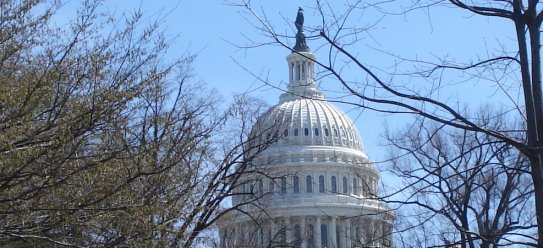
Federal research investment and its benefits for society
In seeking to improve fiscal restraint through a federal budget that has burgeoned over the past decade (largely due to expansion of mandatory spending coupled with decreased revenue intake), lawmakers have been eyeing numerous areas of discretionary spending, including scientific research due to the fact that cutting spending in these areas is more politically feasible than addressing the growth of…





